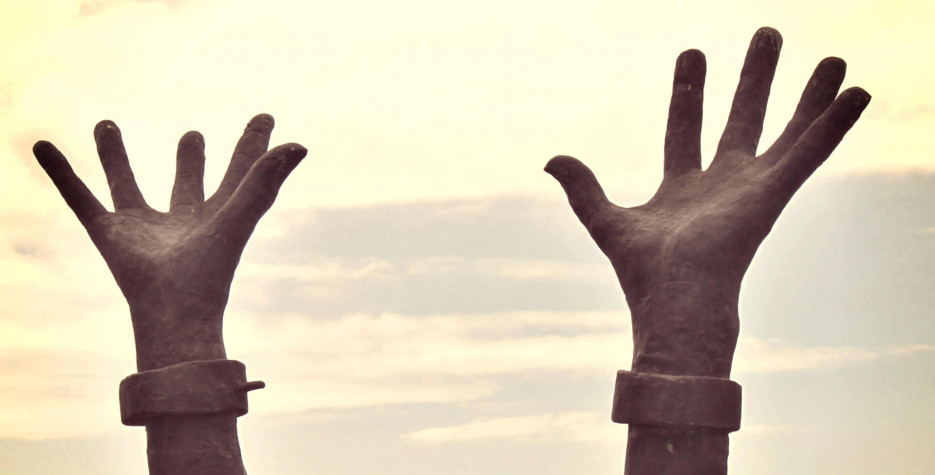Emancipation Day in Suriname
This holiday is known as Keti Koti, which is a Suriname phrase that means "broken chains". The day is also known as Maspasi or Prisiri Maspasi, meaning "Emancipation" or "Emancipation Festival".
When is Dutch Emancipation Day?
Dutch Emancipation Day is a public holiday in several countries and territories on July 1st each year.
The holiday is also known as Keti Koti, which is Surinamese for "broken chains". It marks the anniversary of the abolition of slavery in Suriname and the Dutch Antilles on this day in 1863.
History of Dutch Emancipation Day
As the Europeans began to exploit the natural resources of the new world in the 16th century, they needed a cheap and plentiful workforce. The indigenous people of the Caribbean and Americas would have been their obvious source for labour, but since the Europeans had ravaged the local populations through disease and warfare, they turned elsewhere...
This began the Atlantic slave trade which lasted until the 19th century and was the largest long-distance forced movement of people in history, with an estimated 12 million slaves transported from Africa.
Though the Dutch territories in the Caribbean and the Americas were not as extensive as those of Britain and Spain, they still accounted for around 5% of the Atlantic slave trade.
The Dutch sent slaves from the Gold Coast (now Ghana) to Brazil, Suriname and Guyana.
The British abolished slavery in 1834 and the French in 1848. The Dutch decided to abolish slavery in 1848, but it wasn't until July 1st 1863 that slavery was legally abolished in the former Dutch colonies of Suriname and the Dutch Antilles. Even the slaves gained their freedom on this day, they weren't truly free until 1873 as the law enacted a mandatory 10-year transition period.
To mark the events of 1863, Keti Koti is a national commemoration in the Netherlands, but not a national day off.


